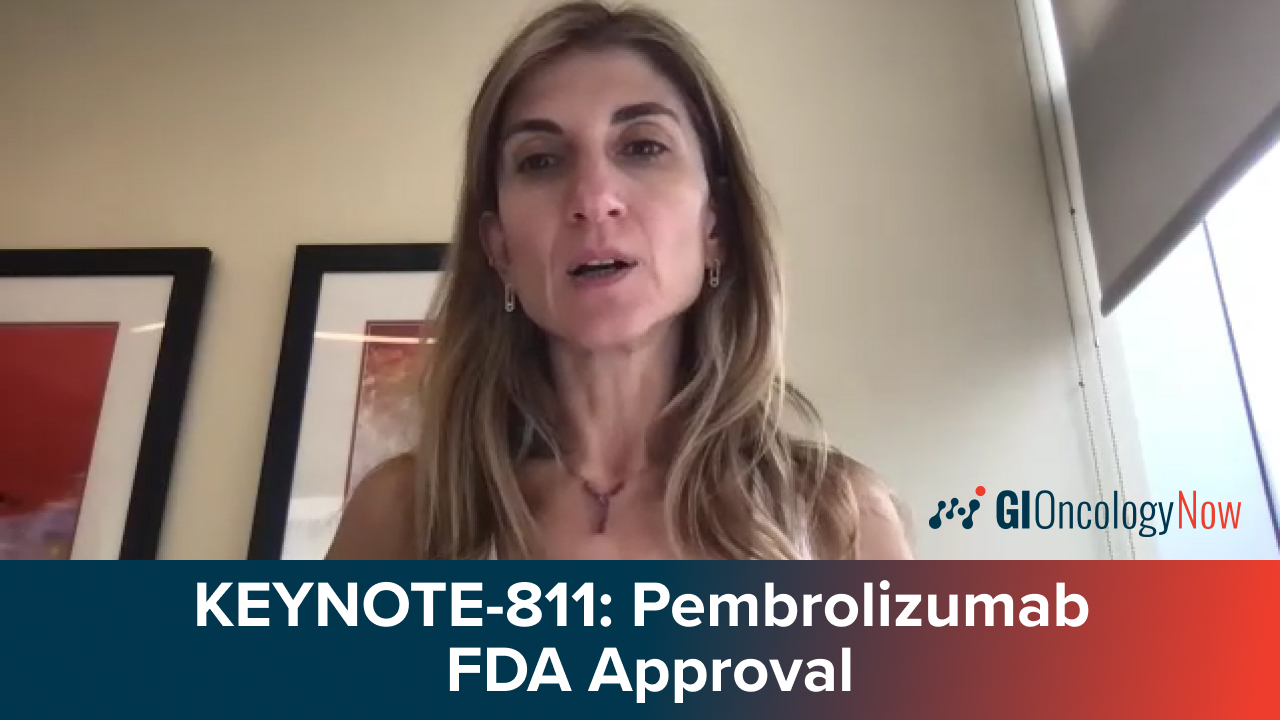
Previous research has demonstrated improved survival in patients with unresectable intermediate-stage hepatocellular carcinoma (HCC) after undergoing transarterial chemoembolization (TACE). However, TACE may not be an optimal treatment strategy for all intermediate-stage patients with HCC, particularly those with extensive tumor bulk or impaired liver function.
A recent study conducted by Churen Zhou, MD, and colleagues compared the efficacy and safety of TACE plus lenvatinib with TACE alone in patients with intermediate-stage HCC beyond up-to-7 criteria.
The retrospective cohort study recruited 107 newly diagnosed HCC patients with Barcelona Clinic Liver Cancer stage B HCC beyond up-to-7 criteria between August 2015 and September 2021. Each patient was divided into one of two groups to receive either TACE plus lenvatinib (TACE/len group) or TACE monotherapy (monotherapy group).
Data including overall survival (OS), progression-free survival (PFS), objective response rate (ORR), and disease control rate (DCR) were recorded, along with downstaging rate, liver function, and adverse events (AEs).
The median OS and PFS rates were significantly longer in the TACE/len group compared with the monotherapy group, as were the ORR and DCR rates (median OS: 28.0 vs 12.0 months, P=.017; median PFS [mRECIST]: 8.2 vs 3.7 months, P=.018; median PFS [RECIST v1.1]: 8.9 vs 3.7 months, P=.003; ORR: 94% [30/32] vs 47% [15/32], P<.001; DCR: 97% [31/32] vs 62% [20/32], P<.001).
No significant differences in liver function or rate of grade 3 or 4 AEs were observed in either group. TACE with lenvatinib has an acceptable safety profile and benefits patients with intermediate HCC beyond the up-to-7 criteria.







 © 2025 Mashup Media, LLC, a Formedics Property. All Rights Reserved.
© 2025 Mashup Media, LLC, a Formedics Property. All Rights Reserved.